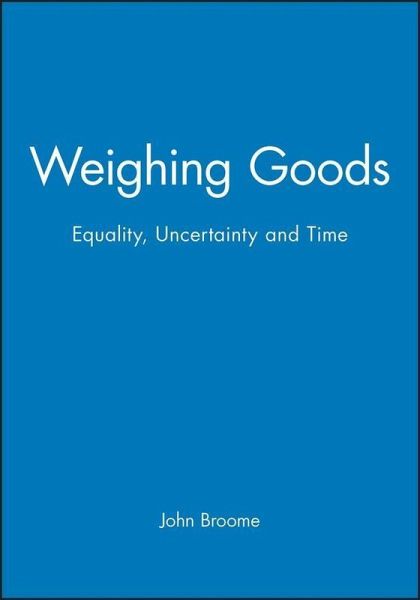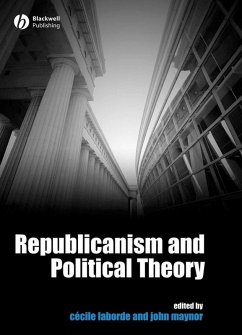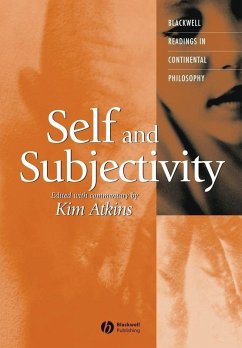
Weighing Goods (eBook, PDF)
Equality, Uncertainty and Time

PAYBACK Punkte
0 °P sammeln!
This study uses techniques from economics to illuminate fundamental questions in ethics, particularly in the foundations of utilitarianism. Topics considered include the nature of teleological ethics, the foundations of decision theory, the value of equality and the moral significance of a person's continuing identity through time.
Dieser Download kann aus rechtlichen Gründen nur mit Rechnungsadresse in D ausgeliefert werden.













